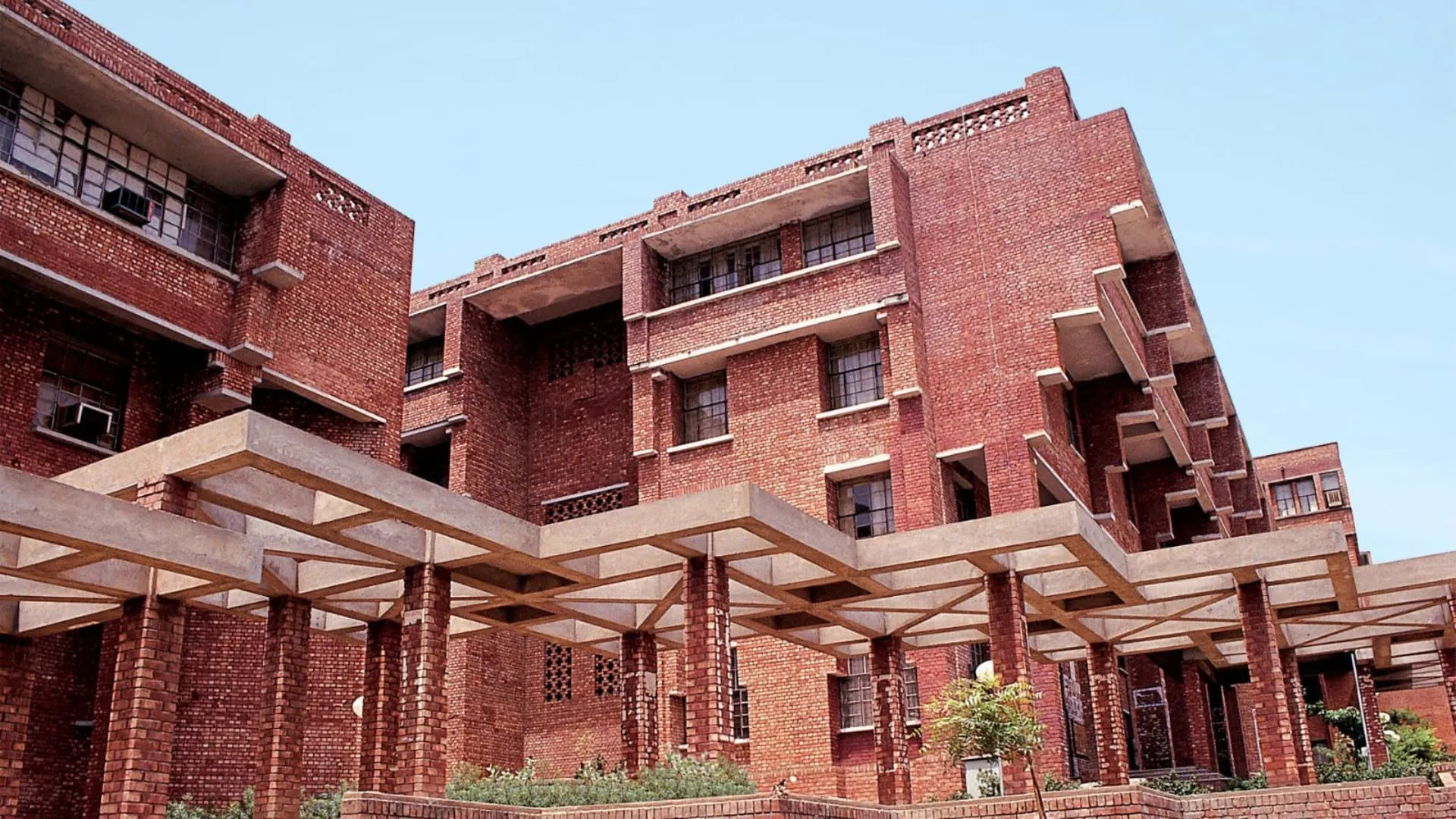Maharashtra Chief Minister Devendra Fadnavis officially launched the Solar Agriculture Feeder Project 2.0 on Tuesday, aiming to provide sustainable electricity to farmers across the state. The inauguration took place at the Sahyadri Guest House in Mumbai, with the Chief Minister connecting via video conferencing to unveil projects in Umbratha, Washim district, and Narangwadi, Dharashiv district.
Empowering Farmers with Sustainable Energy
During the launch, Chief Minister Fadnavis emphasized the importance of solar-powered villages, stating that the initiative is designed to ensure farmers have access to electricity during the daytime. He expressed confidence that the adoption of green energy would facilitate a second green revolution for Maharashtra’s agricultural sector.
“The Chief Minister’s Solar Agriculture Feeder Scheme will provide farmers with sustainable and free electricity during the day,” Fadnavis noted. Currently, the state supplies 16,000 MW of electricity to farmers, and the transition to solar energy for all feeders began two years ago, with plans for phased completion.
Participation and Support from Officials
The event was attended by several high-ranking officials, including Chief Secretary Sujata Saunik and Additional Chief Secretaries from various departments, who were present to support the initiative. Farmers from Umbratha and Narangwadi participated in the program through video conferencing, highlighting the project’s direct impact on local communities.
Fadnavis reiterated that the initiative would not only enhance the quality of life for farmers but also contribute to the state’s commitment to renewable energy and sustainable agricultural practices.





















